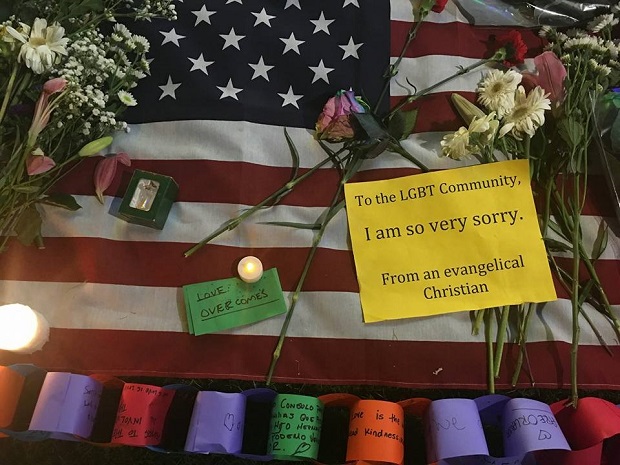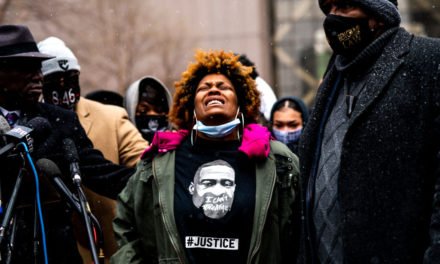
The number of businesses started by African American women grew nearly 258 percent from 1997 to 2013, according to the Center for American Progress. The number of African American women-owned businesses in 2013 was approximately 1.1 million, comprising 42 percent of businesses owned by women of color and 49 percent of all African American-owned businesses. African American women-owned businesses employed 272,000 workers and generated $44.9 billion in revenue in 2013. However these businesses only represent 27 percent of the fastest growing businesses. Black women businesses are primarily sole proprietorships (96.5 percent of Black woman-owned firms have no employees) that generate less revenue on average than other women-owned businesses, or even companies owned by Black men. Experts speculate that Black women are leading the growth of women-owned businesses because of increasing education levels which gives them the qualifications to do so. I would argue that the main reason for the disproportionate rate of entrepreneurship among African American women is less than satisfactory experience in the corporate world.
Sylvia Ann Hewlett who heads the Center for Talent Innovation conducted a study recently which revealed that a large number of people of color feel that they need to compromise their authenticity to conform to their organization’s norms relative to look and style.
Upward mobility opportunities are still rare for African American women. African American women are only 5.4 percent of all people employed in management, professional, and related occupations. According to a study by Catalyst, African American women face stereotypes such as aggressive, defensive, angry and conniving.
There are also many obstacles to overcome for those who choose to take the entrepreneurship path, including lack of access to capital and networks and assumptions of lower quality products and services.
I started The Winters Group in 1984, 30 years ago, because I did not think I could reach my full potential in the corporate America and still today, I believe African American women face the same obstacles, mostly playing out in micro-inequities and unconscious bias. I felt that becoming an entrepreneur would afford me the independence that I needed to reach my full potential. I have no regrets.


















